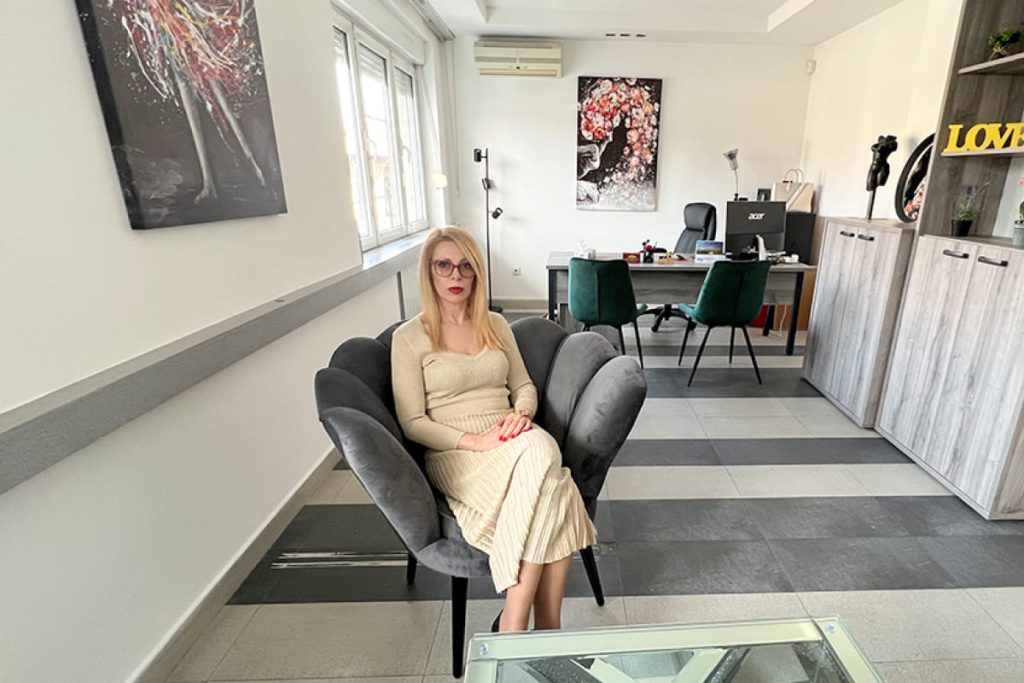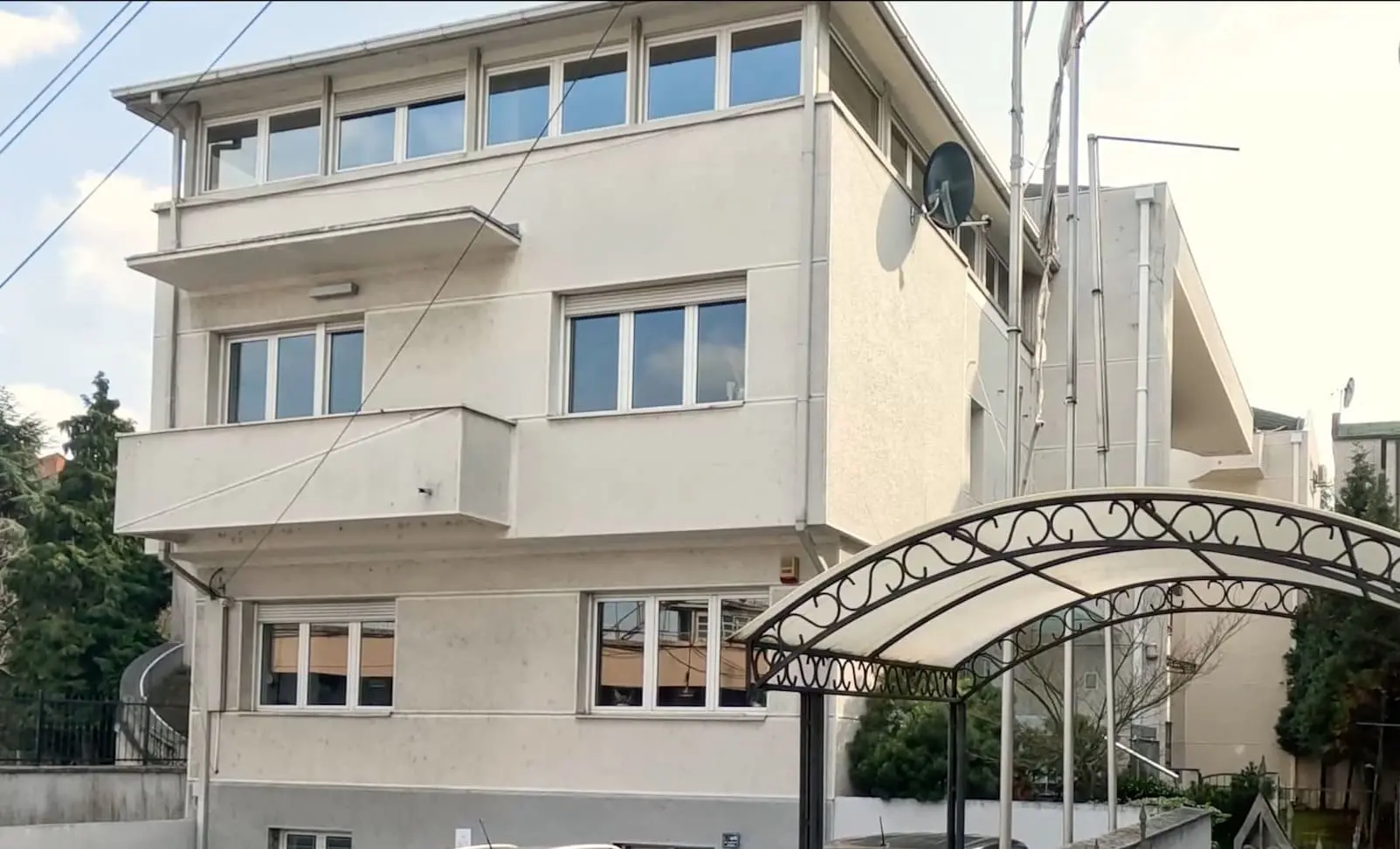Drug Addiction Treatment
The Key to Lasting Recovery: Our Systematic Treatment Approach
Detoxing from Heroin, Cocaine, Stimulants, and Pills
Successfully treating drug addiction
Heroin Addiction
Break free from heroin's grip: Successfully overcoming heroin addiction
Cocaine Addiction
Embark on a journey to recovery: Successfully treating cocaine addiction
Marijuana Addiction
Discover freedom from marijuana addiction: Our comprehensive approach to healing
Treatment for Stimulant
Unlock the potential for recovery: Our proven approach to treating stimulant addiction
Pill Addiction
Find hope and healing: Our dedicated support for overcoming pill addiction
Psychiatric Disorders
Explore solutions for mental health: Our specialized care for psychiatric disorders
Real solutions, not just empty promises
Discover our unique approach: ensuring lasting recovery through systematic treatment

Diagnosis and therapy determination
Our therapy is tailored to each patient's clinical presentation, diagnosis, and diagnostic findings. It typically involves a combination of medication and psychotherapy

Detoxification and elimination of physical dependency
Depending on the substance abused, various detoxification methods are available as treatment options. Standard detox typically lasts 7-14 days and involves administering appropriate therapy to alleviate physical withdrawal symptoms

After detoxification - BLOCKERS
The detoxification process concludes with the introduction of blockers. After detoxification, it's essential to stabilize abstinence. In addition to introducing psychopharmaceuticals into regular therapy, blockers are introduced.

Resocialization and rehabilitation. Step by step, with a detailed plan, you return to LONG-TERM normal functioning
With our detailed plan, you’ll integrate into society, rediscover true family values, secure employment or complete your education. This ensures a better future and prevents relapse.
Fastest and Safest Recovery with Hospital Treatment
Hospital Treatment: Stability and Support Hospital treatment provides a secure environment and crucial support for individuals recovering from substance use. These environments allow expert medical teams to monitor patients 24/7, providing essential medical care and support during crises.

Frequently Asked Questions
We clarify all your uncertainties. Clearly and transparently, we explain all our treatment steps, helping you stay permanently drug-free.
Understanding How THC Affects Your Body
THC, the active compound in marijuana, interacts with receptors in the human brain. Similar substances are naturally produced in the brain, acting through these same receptors. However, frequent or excessive marijuana use poses risks to both physical and mental health. Chronic marijuana consumption can lead to a bland, challenging life with diminishing meaning and value. Early detection of dependency leads to more effective treatment. Detoxification is crucial for marijuana users, as it is for those battling other dependencies. To truly overcome the issue, continued treatment beyond the initial phase is essential.
What is the Timeline for Heroin Withdrawal Symptoms?
Heroin alters the brain of its users, leading to rapid physical dependency. Physical dependence develops with increased heroin use, as the body adapts to the drug’s presence. Withdrawal symptoms occur when heroin use is abruptly stopped, often within hours of the last dose.
Symptoms of heroin withdrawal include restlessness, muscle and bone pain, insomnia, diarrhea, vomiting, chills, and goosebumps. The most severe symptoms typically peak between 24 to 72 hours after the last dose and gradually subside over 7 to 10 days. In some cases, symptoms may persist for several months.
Cravings and relapse can occur weeks or months after the disappearance of withdrawal symptoms. Street heroin often contains additives that poorly dissolve and can block blood vessels leading to the lungs, liver, kidneys, and brain. This can lead to organ infection and even cell death within those organs.
Effective Treatments for Heroin Addiction
The classic detoxification process typically lasts 7-14 days. This involves administering appropriate therapy to alleviate physical withdrawal symptoms (pain, nausea, vomiting, diarrhea, runny nose and eyes, chills, etc.), helping the patient overcome the withdrawal crisis with as little discomfort and risk as possible. During this process, non-opioid anti-craving medications are used. Various methods are employed to reduce drug cravings in this program. Following detoxification, a blocker is introduced into the therapy.
The Consequences of Cocaine Use
Cocaine use can have devastating consequences on both physical and mental health. Short-term effects include heightened alertness, increased heart rate, and elevated blood pressure, while long-term use can lead to heart attacks, strokes, and respiratory failure. Additionally, frequent use can result in severe psychological issues such as paranoia, hallucinations, and even psychosis. Socially, cocaine addiction can strain relationships, lead to financial ruin, and cause legal troubles. Seeking help and support is crucial to overcoming cocaine addiction and preventing further harm.
